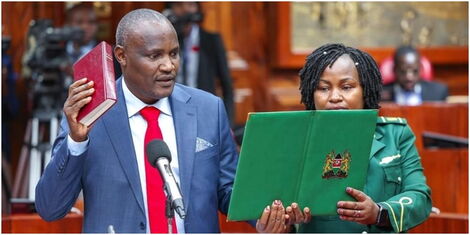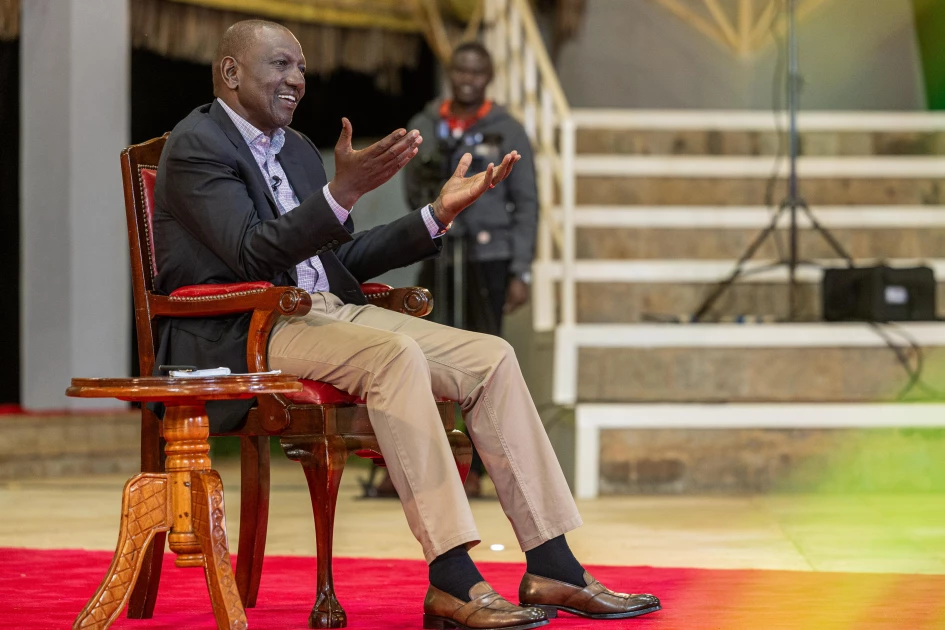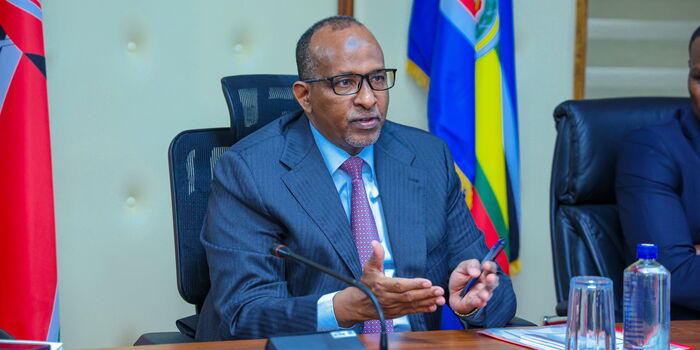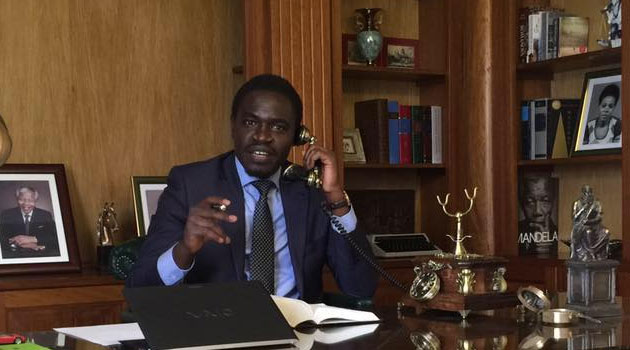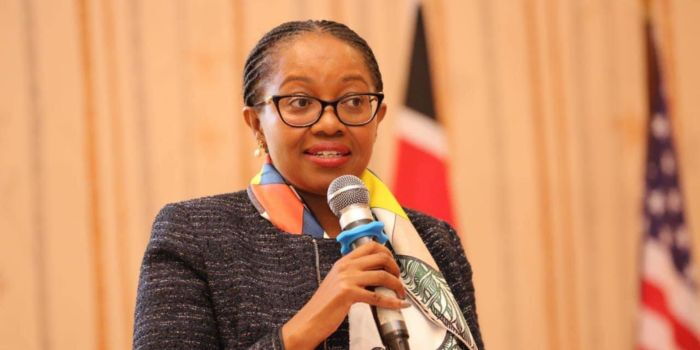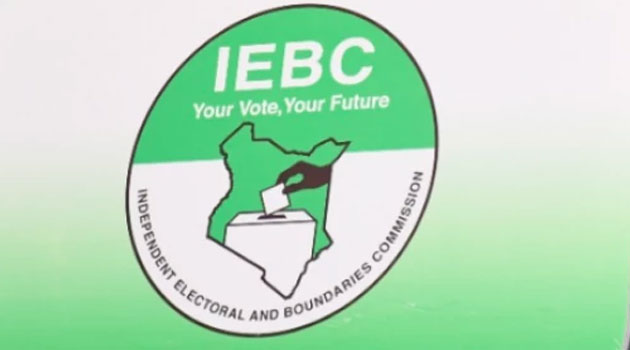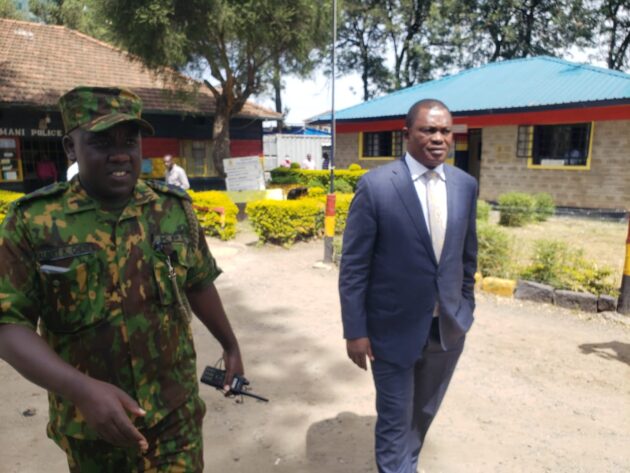Kenya is once again on the brink of political unrest as the newly appointed Cabinet, led by Treasury Secretary John Mbadi, considers reintroducing elements of the controversial Finance Bill that had previously been rejected by the public.
The bill, which was passed by Parliament but not assented to by President William Ruto, sparked widespread protests, especially among the younger generation, who felt it would further burden the already struggling population.
In response to the public outcry, President Ruto dissolved Parliament and reshuffled his Cabinet, forming a broad-based government aimed at consolidating power and neutralizing opposition. However, this move has drawn significant criticism, particularly from the Azimio la Umoja coalition.
Eugene Wamalwa, leader of the Democratic Action Party of Kenya (DAP-K), has publicly condemned the President’s actions, accusing him of undermining democracy by co-opting key opposition figures into his government. Wamalwa warned that the revival of the Finance Bill could lead to a further erosion of public trust and potentially spark another wave of protests.
“We must remain vigilant. The government is threatening to bring back the very taxes that Kenyans rejected,” Wamalwa said during a recent press briefing. “With the new numbers in Parliament, they may very well push through these measures, but we will continue to stand with the people and oppose any efforts that undermine the will of Kenyans.”
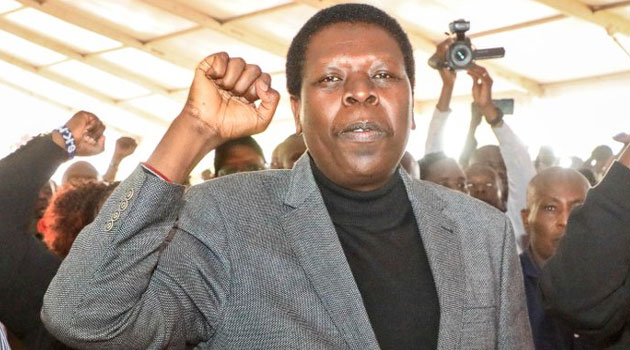
The Azimio coalition, despite losing some of its members to Ruto’s government, has vowed to continue its role as the opposition. Wamalwa emphasized that a strong opposition is crucial for maintaining democracy and preventing the rise of autocratic rule.
As the situation develops, all eyes are on the Judiciary, which has been urged by opposition leaders to stand firm against any attempts to reintroduce the controversial bill. The potential reintroduction of the Finance Bill, combined with the current political landscape, could lead to a significant escalation in tensions across the country.
The coming weeks are expected to be critical in determining the future of Kenya’s political stability and the relationship between the government and its citizens.
